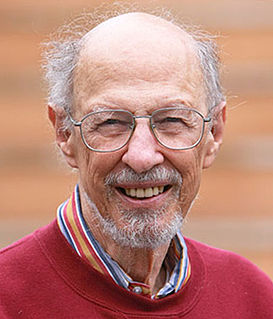A Quote by Andy Stanley
Success means your options multiply. Size increases complexity, and complexity can confuse vision.
Related Quotes
No decision-making system is going to guarantee corporate success. The strategic decisions that corporations have to make are of mind-numbing complexity. But we know that the more power you give a single individual in the face of complexity and uncertainty, the more likely it is that bad decisions will get made.
You have to have a habitual vision of greatness ... you have to believe in fact that you will refuse to settle for mediocrity. You won't confuse your financial security with your personal integrity, you won't confuse your success with your greatness or your prosperity with your magnanimity ... believe in fact that living is connected to giving.






































